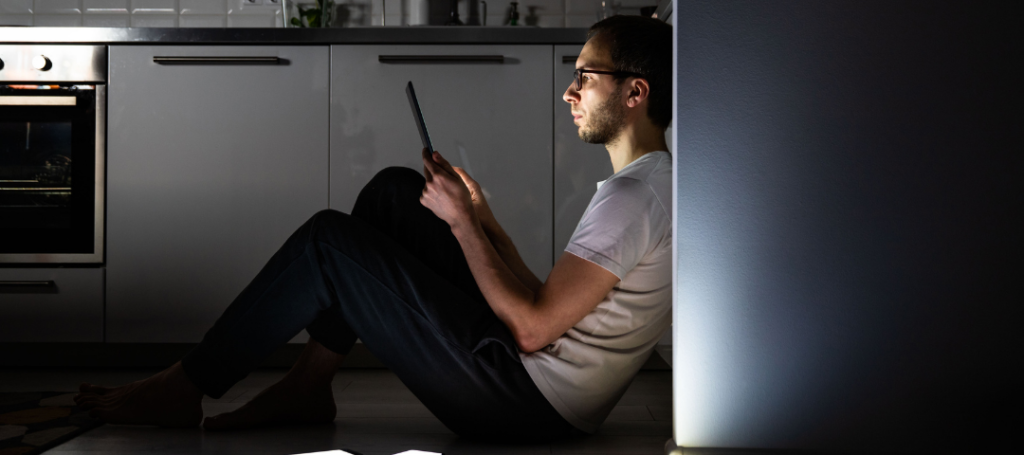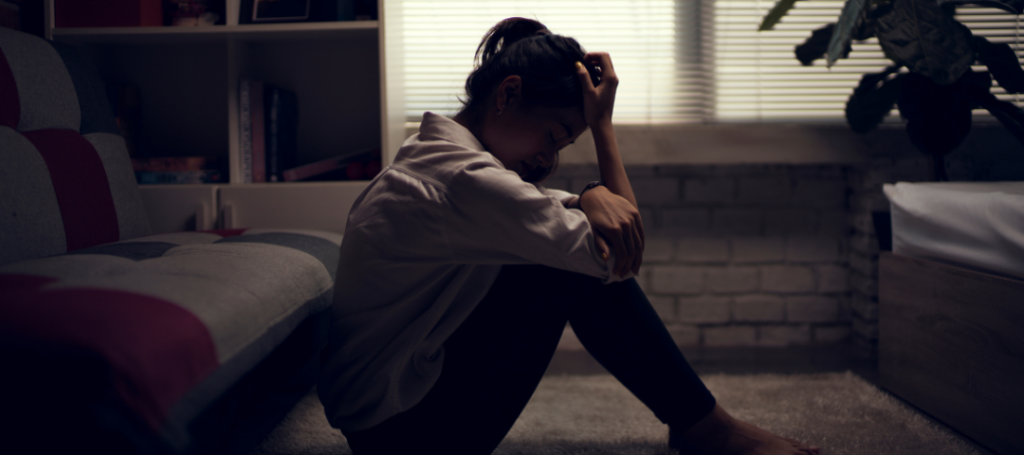The self-isolation designed to limit the spread of the current virus outbreak has caused a shift in many norms.
With every passing day, life outside of the four walls of our homes, the daily social interactions with friends and co-workers, is turning into a distant memory.
However, in pre-COVID times, there were already people who find solace and peace in isolation — the introverts. These are the people who find joy with selected and limited interactions with people and get their energy by staying indoors.
Knowing an introvert’s nature, most people would assume that their personality would flourish in time of the quarantine. In actuality, it’s quite the opposite. As extroverts struggle in seeking out social connections in time of pandemic, introverts are struggling as well with the sudden shift of social interactions online.
Anxiety brought by online transition

Studies have demonstrated that introverts struggle more than extroverts in adjusting to changes in day-to-day life. | CDN Stock Photo
When quarantines and lockdowns were ordered in various countries and communities, most introverts celebrated the idea of staying indoors. It was the perfect excuse for them to continue their studies and work without the need to go out. With the pandemic as an exemption, the current situation has become the definition of paradise for most introverts.
People tend to stereotype introverts as anti-socials. In reality, though, introverts do enjoy social interaction.
While people are encouraged to stay at home, it does not mean that life has been placed at a standstill. In order for businesses and institutions to progress and for the economy to continue, they have no choice but to adapt and to shift the work and services online.
The transition of work, social interactions, and school to the online format started to drain introverts despite of staying in their comfort zones. The reason? They are now deprived of option and control to interact.
With the online transition of work, introverts no longer have the choice to say no to social interaction as they are now done online in the form of Zoom calls and meetings, recorded lectures, and virtual events.
They miss social interaction too
A new study suggests introverts are experiencing more loneliness and anxiety than extroverts due to the pandemic. | CDN Stock Photo
People tend to stereotype introverts as anti-socials. In reality, though, introverts do enjoy social interaction. It’s just that they don’t enjoy it as much as extroverts do and their social interaction is limited to their support system, usually in the form of their family members and close friends.
For introverts who are living alone and in isolation due to work or other reasons, the pandemic forced them to be away from their vital support group and caused them to feel lonely and helpless.
In time of prolonged and mandatory isolation, they are now likely to miss in-person interaction that they used to have with their friends and loved ones.
Loss of their safe space
Introverts are struggling in this period of enforced solitude. | CDN Stock Photo
Extroverts are coping with the global health crisis by making drastic changes in the way that they interact with people. They have done this by attempting to virtually re-create the social lives that they have lost.
It’s great that majority of extroverts have found ways to thrive during the pandemic, but their ways have taken a toll on some introverts.
Everything is now compressed into the confines of chats and virtual conferences. This resulted for some to feel socially overwhelmed despite of being socially distant and staying indoors.
Introverts are known for enjoying their time in solitude and consider their home as a safe space where they can retreat. But as the pandemic continues, they have experienced a loss of physical space for reflective thinking and time alone.
The looming sound of a notification from emails and impending presence of a scheduled video call is making introverts anxious and overwhelmed.
/bmjo
